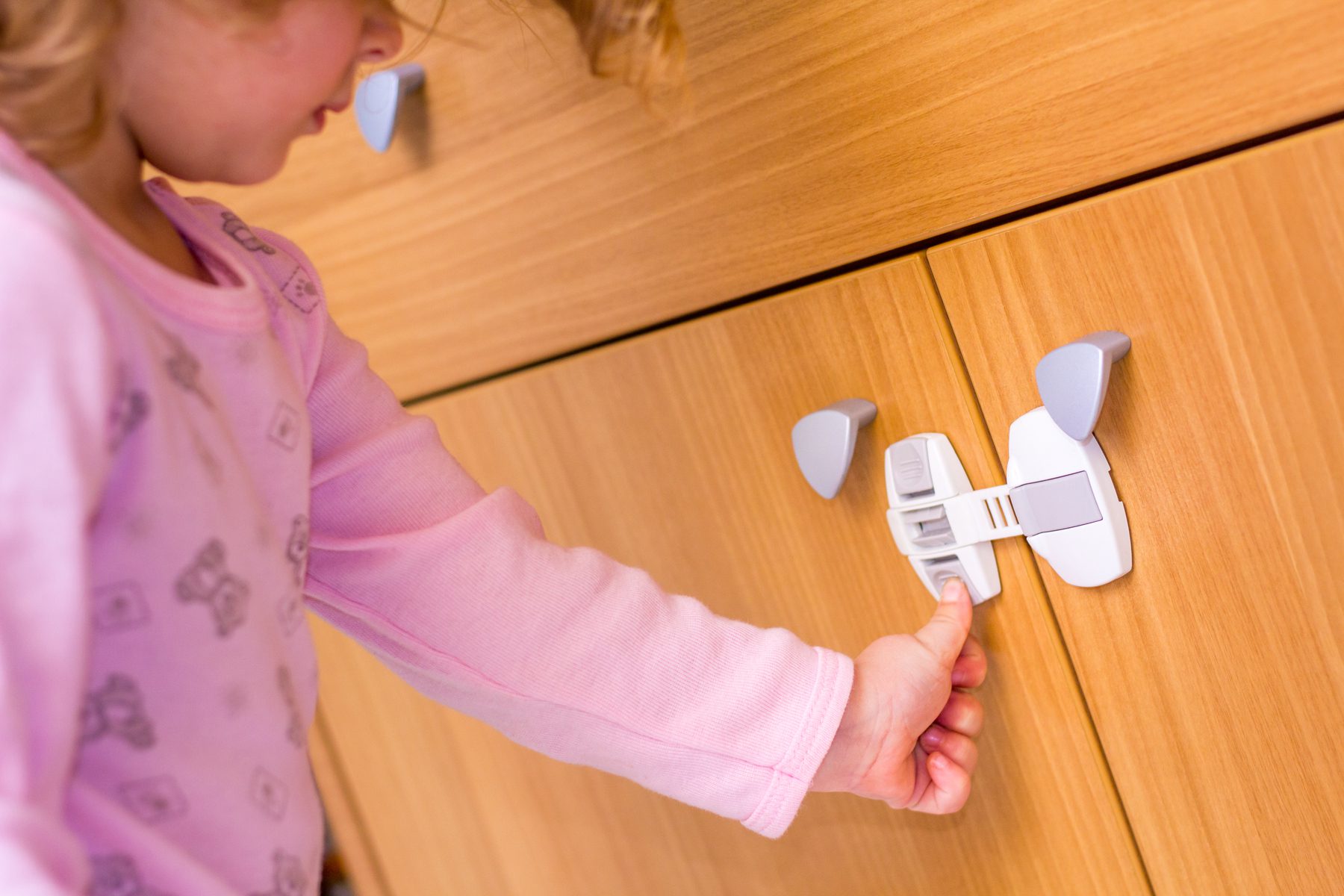How to Child-Proof a Rental Home

At some point, you may have to rent out your property to a family with children. You have to be open to it — unless you specifically have senior housing, you can’t discriminate based on age or family status. Since it’s a possibility you’ll have to do so in the future, it’s good to start thinking about this now: How child-proof is your rental?
Most possible precautions to child-proof a home are the resident's responsibility, not yours, but you should be aware of them all the same. They’re often good safety considerations, and if families want them implemented, you’ll want to be prepared for the requests they’ll likely make.
So, where to start? Here are some good things to keep in mind about child-proofing a rental home.
Windows
- Window locks: Every window should have a lock on it to make it harder for a child to open it. You can’t rely on just having a screen, which will break if a child puts their full weight on it.
- Cords: Make sure that cords for blinds don’t extend down to where children can get a hold of them. If they reach down that far, make sure they can be tied up out of reach.
Outdoors
- Large dark areas: Is there a spot on the property that's badly lit at night? A child could easily get lost there, among other possible problems, so consider lighting the area better.
- Pool safety: You probably already have a fence around the area to keep non-residents out of the pool, but you’ll want to make sure the area around the pool has a non-slip surface. This helps both kids and adults from slipping and falling over.
- Playground equipment: If you’re looking to court families with kids to your property or community, building a playground is a great incentive. Make sure all the playground equipment is at the proper height (so falls aren’t too far), made of softer materials and well-maintained.
- Properly secured entry: If you have a multi-unit building, make sure that the main entrance locks. This helps all residents, not just those with kids, knowing that non-residents can’t just walk in any time they please.
Stairs
- Baby gates: Is it possible to put a baby gate across the top of stairways? This requires drilling holes in the wall to hold the gate in place. Would the wall stand up to that? What are the requirements in your lease for drilling holes in the wall, if it’s allowed at all?
- Railings and balconies: How solid are the railings and balconies on your property? If a child climbed on it, would it break or hold up under their weight? This one especially goes beyond just child-proofing; it could give out under anyone’s weight, so making sure these are solidly built is helpful.
Bathroom
- Non-slip strips in shower/bathtub: This can help both children and older residents. Slipping and falling in the bathtub or shower can injure anyone, so this is a good measure, even if you aren’t renting the property to a family with children.
- Child safety locks: This applies not just to the bathroom, but also the kitchen. Is it easy to swap out child-safe locks on cabinets and drawers? Prospective tenants with kids are likely to ask.
- Medicine cabinet: This should be well out of reach from the floor. Also, make sure that the sink below it can’t be climbed, ensuring a child can’t get into it.
Miscellaneous
- Keep the water heater under 120°F: Any hotter than this means there's a good chance of causing burns. If a tenant comes to you asking for the water temperature to be set to this level, it’s a good idea to agree.
- Have a policy for letting the tenant make child-proofing modifications: To avoid complications or a lot of back and forth, spell out in the lease what tenants can and can’t do regarding making modifications. Also, say who is responsible for the cost of any changes. This is similar to any other types of upgrades tenants want to make, though you may want to make more allowances here since the changes are for the sake of safety — not just on a whim.
- Sit on the floor and look around to see what looks like a danger: This will feel goofy, but take a look around the property from a child's point of view. How easy would it be to stick your finger in that electrical outlet? What else looks dangerous from this level?
You’re not required to make these changes, but they're still worth thinking about. A property that can easily be made child-proof is one that’s easier to ultimately sell families on.
